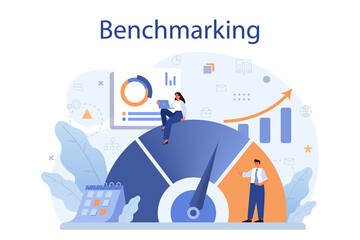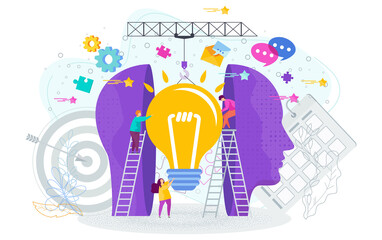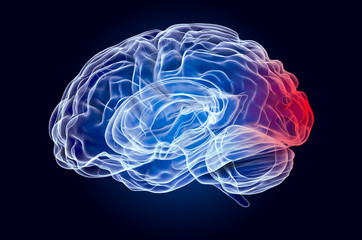Product & Service Design
In an era where customer expectations are evolving at a rapid pace, businesses must go beyond just delivering products and focus on creating holistic experiences. Service design has emerged as a powerful methodology that transcends traditional...









